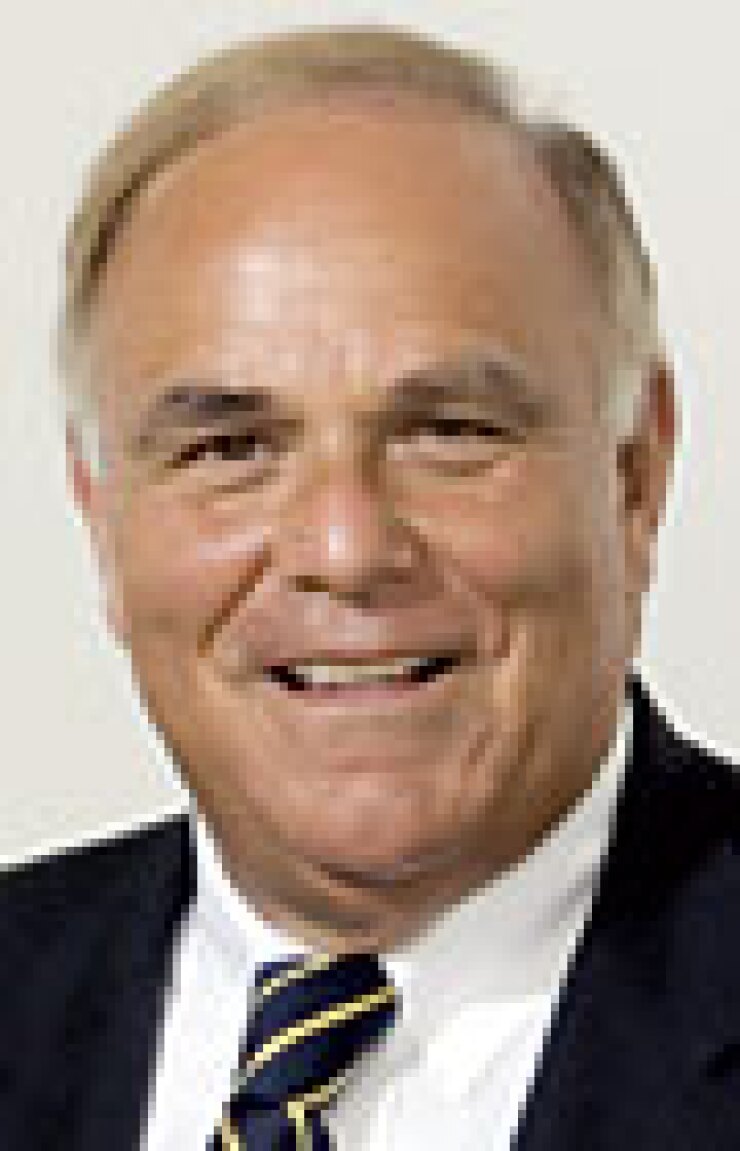
Pennsylvania Gov. Edward Rendell Monday proposed implementing a profits tax on oil companies and raising motor vehicle fees to generate more than $1 billion per year to help finance road, bridge, and mass transit needs throughout the state.
The Democratic governor did not include a gas tax increase in his proposal, though he said that he would support any plan that includes enough additional revenue to close a $472.5 million transportation funding deficit for fiscal 2011. Fiscal 2011 began July 1.
Rendell’s revenue ideas aren’t new. During the past few months he has been pushing for a tax on the profits that oil companies make in Pennsylvania, boosting motor vehicle fees, and increasing the state’s gas tax by four cents to help generate new revenue.
He has also previously included bonding as a way to raise needed funds for transportation infrastructure.
Transportation Secretary Allen Biehler Monday presented the governor’s ideas before a special bicameral caucus on transportation funding.
Whether the legislature can pass a plan that includes tax and-or fee increases before the November general election remains to be seen.
Democrats control the House while Republicans have a majority in the Senate, and the state will have a new governor in January — Rendell cannot run for a third term due to term limits.
The governor and other Democrats stressed that transportation funding cannot wait.
Pennsylvania has the highest number of structurally deficient bridges in the U.S. at 5,646, and financing infrastructure projects would create construction and manufacturing jobs.
“These are important steps forward. The time to act is now,” Rendell said during a press conference. “We cannot delay and risk further public safety. We cannot delay and risk further cost escalation. We cannot delay and lose the opportunity of adding so many good-paying jobs to our economy.”
Rendell’s proposal would exempt oil companies from the 9.9% corporate net-income tax and replace it with an 8% tax on the gross profits of oil companies that do business in Pennsylvania.
The administration estimates that such a tax would generate $576 million in its first full fiscal year.
The governor’s plan also includes measures to prohibit companies from passing the tax on to consumers.
In addition, raising motor vehicle fees consistent with inflation would generate $434 million. Many of the fees were last increased in 1997, and about 20% of motor vehicle fees were raised in 1980 or before.
Senate Majority Leader Dominic Pileggi, R-Chester and Delaware counties, has spoken out against an oil-profits levy. He believes companies would sue over the tax and hinder the state’s ability to collect the revenue.
While both House Speaker Keith McCall, D-Carbon County, and Pileggi said during the caucus that a funding strategy must be comprehensive and long term, lawmakers may differ on how the state should finance roads, bridges, and mass transit.
Sen. John Rafferty, R-Chester and Montgomery counties, chairman of the Senate Transportation Committee, mentioned other revenue and financing options such as public-private partnerships and tolling interstates at Pennsylvania’s borders.
Rafferty also stressed that Pennsylvania has the chance to alter state agencies and hold those entities accountable.
His comments come at a time when the state has asked the Delaware River Port Authority, which is under allegations of fiscal mismanagement and nepotism, to implement management changes such as ending free toll passes and car allowances for employees and to undergo state-level audits.
The DRPA last week began such reforms.
The independent authority oversees four tolled bridges that connect Pennsylvania and New Jersey and also manages the PATCO commuter line that runs between Philadelphia and southeastern New Jersey.
“When we have state agencies that are overextending themselves economically, when we have state agencies that are misspending money … there needs to be some reform done completely and throughout the system,” Rafferty said during the hearing.
“This is a golden opportunity — it’s a golden opportunity to do it right for the commonwealth of Pennsylvania so that we don’t have to do a quick fix and revisit it every couple of years.”
In April, the Federal Highway Administration denied Pennsylvania’s request to implement tolls on Interstate 80, leaving a $472.5 million deficit in the state’s transportation program.





